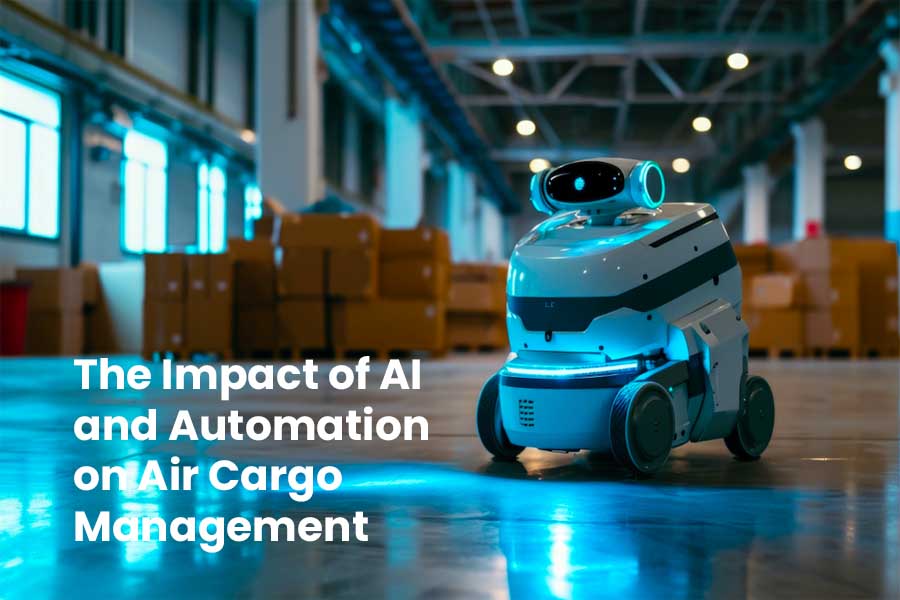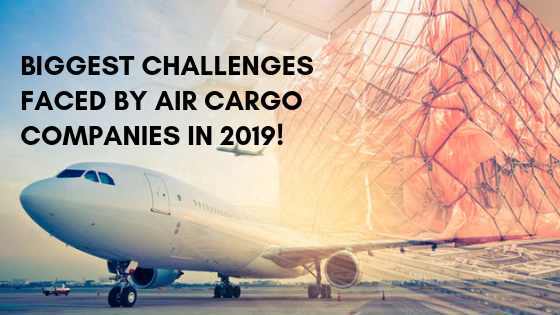
The Impact of AI and Automation on Air Cargo Management
In the realm of logistics, the integration of artificial intelligence (AI) and automation has revolutionized air cargo management, ushering in an era of efficiency, reliability, and cost-effectiveness. These technologies are reshaping traditional practices and offering innovative solutions to streamline operations in the air cargo industry.
One of the most notable impacts of AI and automation in air cargo management is the optimization of route planning and scheduling. AI algorithms can analyze vast amounts of historical data, including flight schedules, weather patterns, and cargo volumes, to forecast demand and optimize flight routes. This not only reduces fuel consumption and emissions but also enhances on-time performance and overall customer satisfaction.
Furthermore, automation plays a pivotal role in cargo handling and warehouse operations. Automated systems, such as robotic palletizers and automated guided vehicles (AGVs), efficiently manage the loading, unloading, and movement of cargo within warehouses and airports. This not only speeds up the process but also minimizes errors and reduces labor costs.
AI-driven predictive maintenance is another game-changer in air cargo management. By continuously monitoring aircraft components and systems in real-time, AI algorithms can predict potential failures before they occur. This proactive approach minimizes downtime, ensures safety, and optimizes maintenance schedules, ultimately reducing operational disruptions and maintenance costs.
In terms of inventory management, AI-powered systems provide accurate demand forecasting and inventory optimization. By analyzing historical data, current market trends, and customer behavior, AI algorithms can optimize inventory levels, reducing excess stock and minimizing stockouts. This leads to significant cost savings and improves overall supply chain efficiency.
Another critical area where AI and automation excel is in risk management and security. AI algorithms can analyze data from various sources, including sensor networks, surveillance cameras, and historical threat data, to identify potential security risks and anomalies in real-time. This proactive approach enhances security protocols, reduces the risk of theft or damage, and ensures compliance with stringent aviation security regulations.
Moreover, AI is transforming customer service and experience in air cargo management. Chatbots powered by AI algorithms can handle customer inquiries, provide real-time shipment tracking updates, and offer personalized assistance. This not only improves communication and transparency but also enhances overall customer satisfaction and loyalty.
However, despite the numerous benefits, the adoption of AI and automation in air cargo management also presents challenges. These include initial investment costs, integration with existing systems, data privacy concerns, and the need for skilled personnel to operate and maintain these technologies.
Summary:
AI and automation are fundamentally transforming air cargo management, driving efficiency, reliability, and cost-effectiveness across the entire supply chain. By leveraging AI-powered predictive analytics, automation, and robotics, the air cargo industry is poised to embrace a future defined by streamlined operations, enhanced security, improved customer service, and sustainable practices. As technology continues to evolve, the potential for further innovation and optimization in air cargo management remains vast, promising continued advancements in efficiency and competitiveness within the industry.

